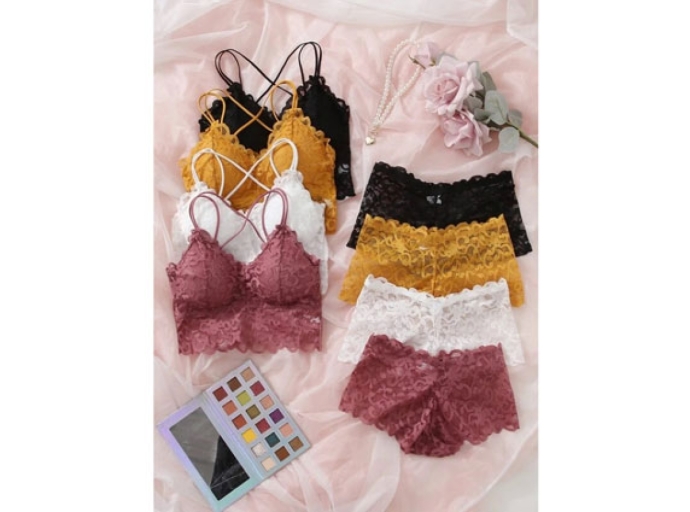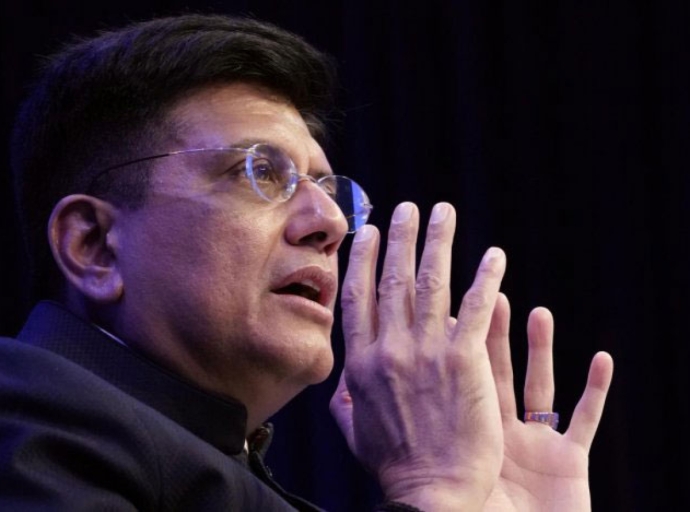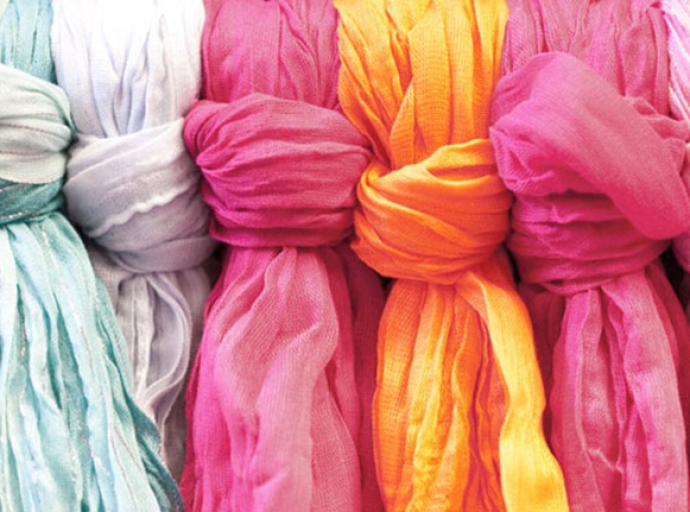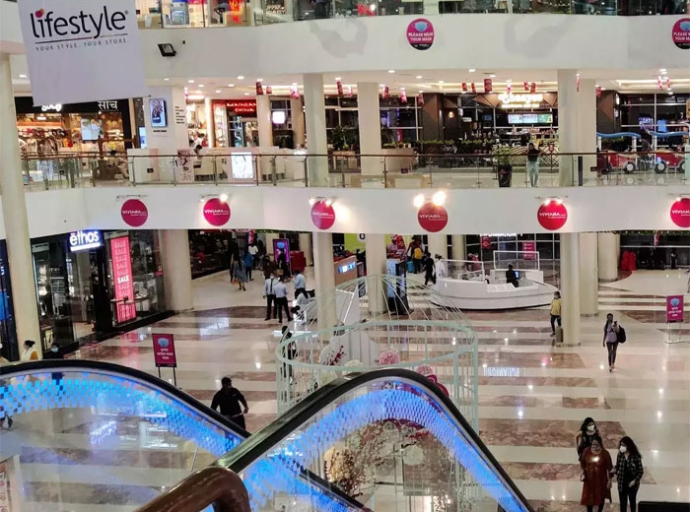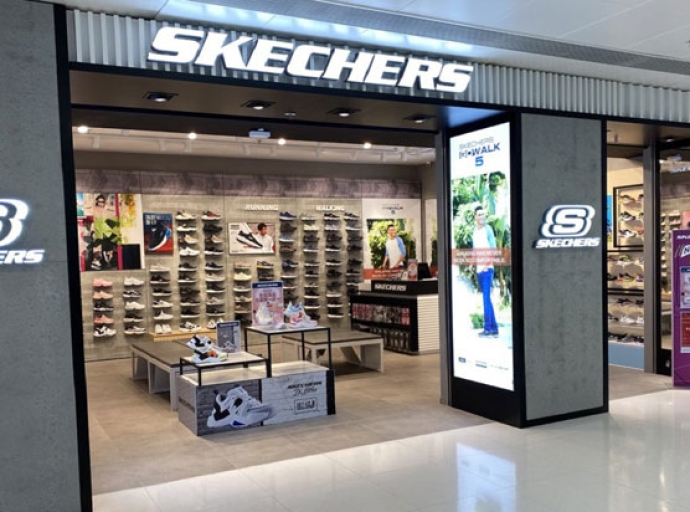01 July 2022, Mumbai:
The growing crowds at reputed brand stores in some of the biggest malls are a testimony of the booming apparel retail market in India. With demand reviving post lockdown, both domestic and overseas brands have registered a huge revenue increase this year. Zara’s revenues grew 61 per cent to Rs 1,815 crore while Marks & Spencer’s grew 6 per cent. Revenues of Aditya Birla Fashion and Retail surged 55 per cent to Rs 8,136.22 while Dollar Industries registered a 30.41 per cent rise in revenues to Rs 1,356.85 crore.
The results of these four eminent apparel retail brands are an indication of the ever-growing Indian apparel retail market currently worth $88 billion. Its growth can be attributed to varied reasons. According to Apparel Resources, prominent amongst these is the quick adaption of customers’ changing demands by both big and small retailers including ABFRL, Reliance Retail, Tata Trent, BoStreet, Bummer and Zummer. All these retailers have been successful in fulfilling the demands of the customers and creating value for them.
Understanding consumer psyche
The success of overseas fashion brands can also be attributed to their deep understanding of Indian consumption patterns, their color and design preferences, etc. An example of this is Wacoal, a Japanese luxury women lingerie brand, that is expanding its footprint in India with online and offline presence.
Home-grown brands like Silvertraq, Maati, Insom, Doodlage and Almo, are also expanding and creating a niche in segments such as women’s formalwear, casualwear, innerwear and activewear. Around 39 per cent of India’s fashion market is held by menswear and women’swear while 22 per cent is kidswear. Brands are catering to their special needs by exploring newer categories like fusionwear, athleisurewear and lingerie.
Retailers like ABFRL, Reliance Retail and Arvind Lifestyle Brands are expanding their product portfolio by adding domestic and international fashion brands and labels besides acquiring stakes in brands like Clovia, Zivame and Reebok, Looking to explore in India’s booming apparel market, many MNC brands are either taking the franchise route and setting up brick and mortar stores across the country or are setting up exclusive brand outlets like H&M that has set up 50 stores while Zara boasts of 21 stores and Uniqlo has six stores across the country.
Investments in e-commerce rise
Investments in e-commerce and omnichannel expansion are rising across the country. Focus on e-commerce grew 77 per cent between 2020 and 2021 with brands expanding to Tier-II, III cities, as per a report by India’s leading conversation media platform Bobble AI. The channel’s contribution in fashion retail is likely to grow from 12 per cent currently to 30 per cent in future, says Nandita Sinha, CEO, Myntra.
From March 2020-2021, Reliance Retail-owned Ajio’s revenues grew fourfold to $1.16 billion. The e-commerce company boasts of an exhaustive store network and a robust online-to-offline strategy. It has also improved customer services by launching a technology-based Quality Check Return Product in 2022 that enables stringent quality checks at the customers’ doorsteps before returning the shipment to Ajio. This has increased the resale ability of Ajio’s returned goods from 25 to 98 per cent.
Leading Danish clothing retailer Bestseller India has launched fashion brands like Jack & Jones, Vero Moda and Only online in collaboration with Trell. These collaborations also mark Bestseller India’s foray into social commerce. The fashion retailer currently owns 375 exclusive brand outlets besides being present in over 1,000 shop-in shops in multi-brand stores across the country.
Boosting growth with new stores
Store openings have given a boost to retailers’ growth in recent times. Reliance added 100 stores in Q4’22 to take its total store count to 600. Similarly, ABFRL-owned Pantaloons opened 18 stores during Q4 FY ’22, while Go Fashion expanded store count to 500 by adding 54 Exclusive Brand Outlets (EBOs) during the last quarter of FY ’22.
Companies across the supply chains are expanding their capacities. A leading premium brand from Australia, Forever New recently opened a new store in Ahmedabad. The brand already has 41 stores across metros in Delhi-NCR, Mumbai, Bengaluru, Hyderabad, Kolkata, Pune, Chennai and other cities such as Chandigarh, Jaipur, Ludhiana and more. It aims to consolidate its retail network across the country with new store additions.

